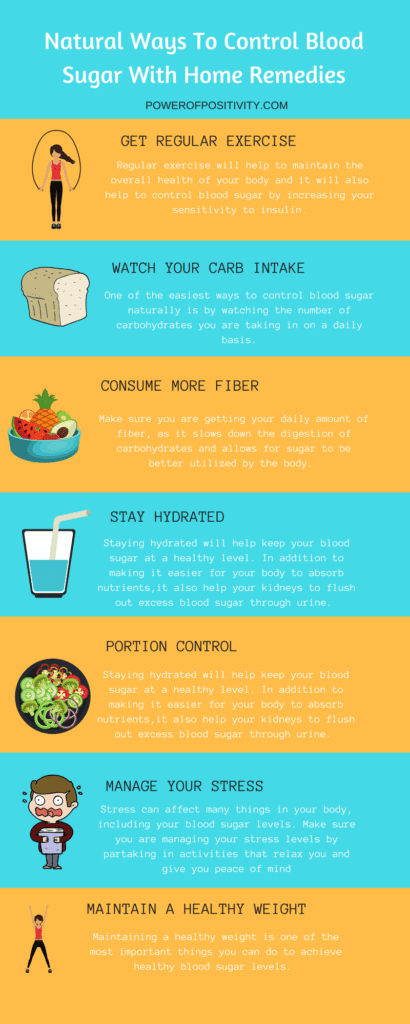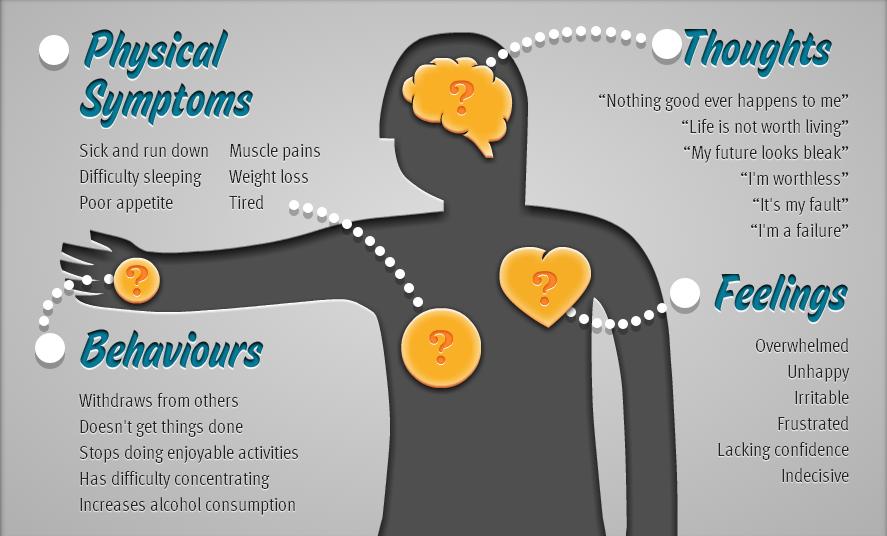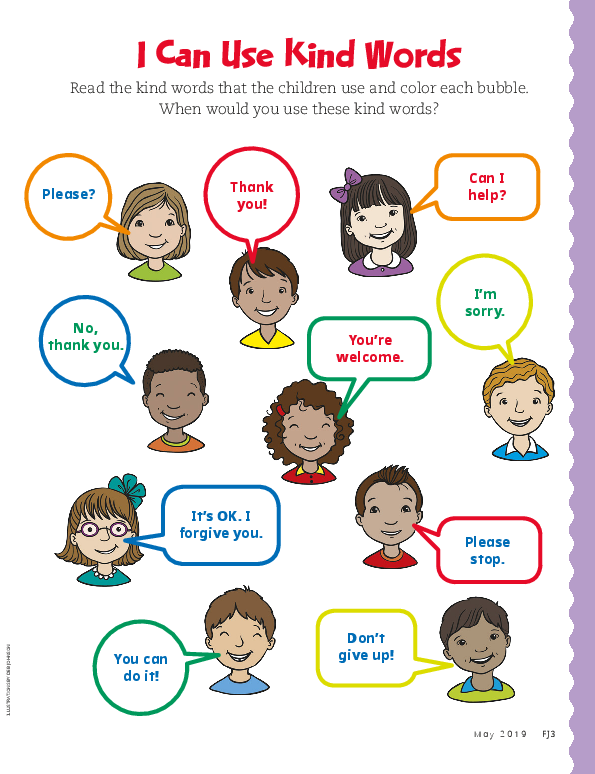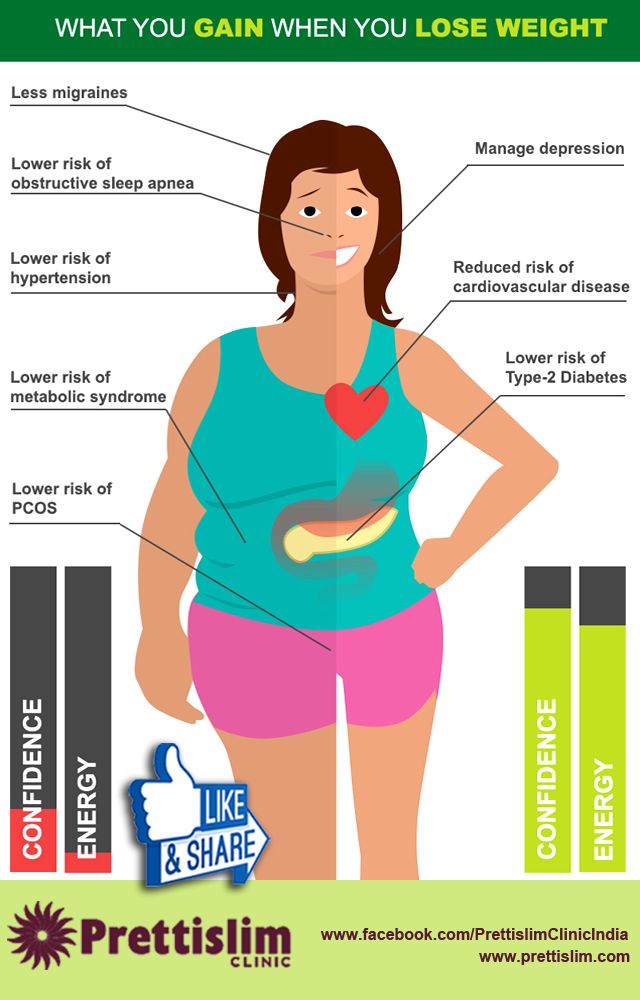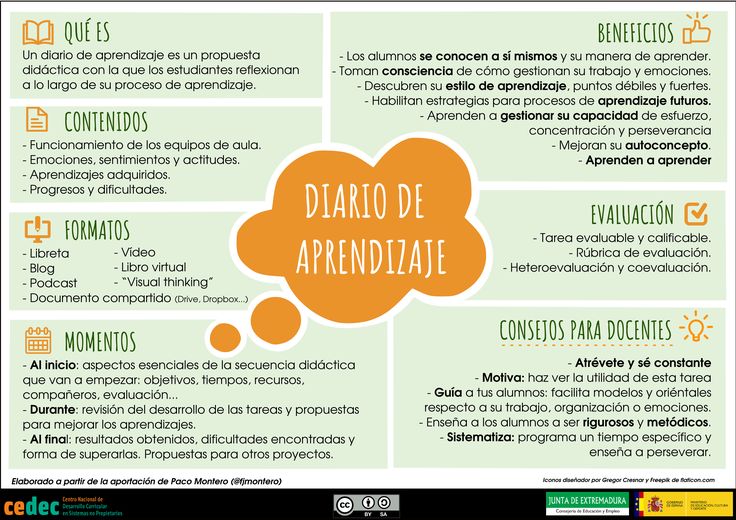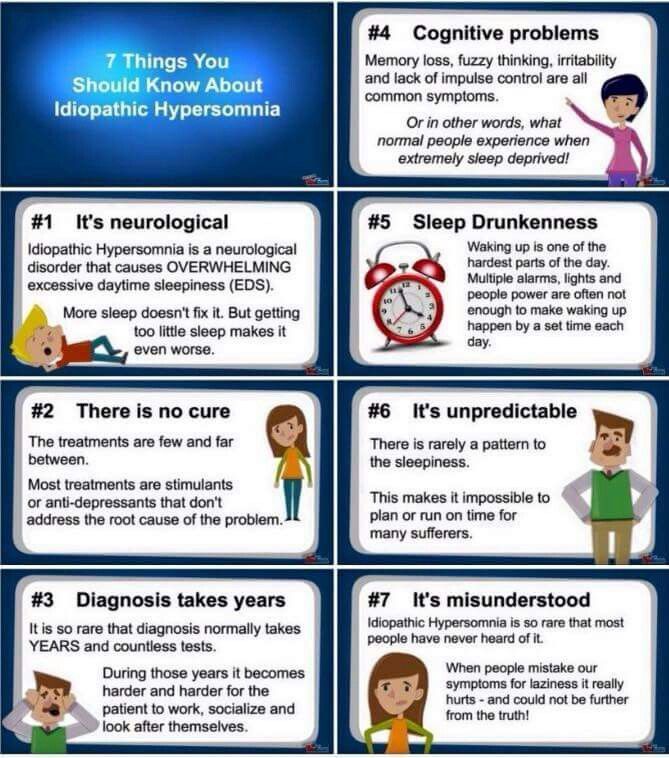How to keep your mind in peace
16 Ways to Find Peace of Mind
By Dr. John Delony
By Dr. John Delony
The most important thing I can tell you about your peace of mind is this: It’s not situational. A lot of us look for peace of mind by trying to predict the future, by controlling everything and everyone, or by putting our faith in a political candidate who makes us feel safe.
But when we try to anchor our sense of well-being to an ever-shifting, chaotic world, we will constantly feel anxious and unsettled.
True peace of mind is not contingent upon circumstances. It’s a way of being—a choice to rise above your situation. You have to be a person of peace and choose to live a life of peace, which paradoxically means you have to be ready to encounter difficulty. And the best way I know how to do this is to have practices that prepare you for life’s challenges
when—not if—they come. Think of these practices as rebar—the metal rods embedded in concrete that keep it strong and structurally sound.
With that in mind, let’s talk about a few of the best practices for becoming a person of peace.
1. Face uncomfortable truths head on.
Finding peace of mind isn’t about erasing every uncomfortable emotion or thought. It’s about braving the rapids for stiller waters. Numbing, suppressing and avoiding disappointment and anxiety will only make everything worse. Don’t run from or judge your feelings. Instead, be compassionate and curious. Sometimes, simply giving yourself permission to call it like it is will allow you to feel tremendous relief.
2. Journal.
Journaling is an excellent practice for unearthing what’s going on in your heart and mind. Get your swirling, chaotic thoughts out of your head and onto paper. Just sit down with a blank sheet of paper and write. Word vomit all over the page. Don’t edit yourself. And don’t lie or hide from yourself. The goal isn’t to be pretty or eloquent or even make sense—it’s to get in touch with what’s going on inside your head.
3. Connect with people you love and trust.
You cannot do life alone. Period. Healthy relationships are the foundation for a still mind and overall wellness. You need people. When you’re feeling stressed, anxious and lonely, go to someone who will listen to you, love you, and just be with you. Human connection is one of the most powerful antidotes to that low-grade anxiety that might be robbing you of your peace of mind.
4. Be active.
One of the best ways to get stress out of your body is to be active. Lift weights. Ride a bike. Join a team. Do anything you can to be active. Exercise will clear your mind and heal your body unlike anything else.
Your mental health matters. Order Own Your Past, Change Your Future today!
I love lifting weights in my home gym and getting outside in the woods and creeks with my kids for ridiculous adventures. I like going to jujitsu classes, playing church-league basketball, and taking long bike rides. For you, it might be playing soccer in the yard, crushing it on a rowing machine, or hiking. The best exercise plan is the one you’ll do.
For you, it might be playing soccer in the yard, crushing it on a rowing machine, or hiking. The best exercise plan is the one you’ll do.
5. Spend time outside.
Be outside whenever possible. Get a blanket if it’s cold or wear shorts if it’s too hot. But get outside. Nature is healing and restorative for your heart, mind and body. Put your bare feet in the grass, listen to the birds, take a hike, sit by a lake or a river and just breathe in the air.
6. Sleep.
Getting a full seven to nine hours of sleep every night is ridiculously important because sleep fixes so many health issues—including stress and anxiety. Sleep is about as close to a silver bullet as you can get.
If you have trouble actually getting to sleep because your thoughts are spinning, create a wind-down routine an hour before bed where you get off technology, dim the lights, take a relaxing bath, take pure supplements (not medications), read a good book, and meditate and journal to help calm your mind.
7. Eat well.
Along with sleep, nutrient-rich foods are a foundational pillar of health. There’s no such thing as “mental health” and “physical health.” It’s all just health. And food has a direct impact on your mood, as well as your body’s ability to function, respond and recover. A diet that’s high in sugar and processed foods and other trash will contribute significantly to your anxiety levels. Be a good steward of the one body you have and eat well.
8. Practice forgiveness.
Unresolved conflict can be a huge source of anxiety. Do you need to forgive someone for the hurt they caused you? Do you need to forgive yourself for a mistake that haunts you? Unforgiveness leads to bitterness, and it’s been said that bitterness is the poison we drink hoping someone else will die. Don’t carry the bricks of bitterness or anger. Set the bricks down. Choose to forgive.
9. Listen to music.
Music is healing for the soul—whether you’re jamming to ’80s hair metal (one of my personal favorites) or some lo-fi beats to create some Zen. Find a playlist or an album that brings you joy and turn up the volume.
Find a playlist or an album that brings you joy and turn up the volume.
10. Do something creative.
Creativity is a remarkable outlet for stress relief and peace. I love this quote from Brené Brown: “Unused creativity is not benign . . . It metastasizes into resentment, grief, heartbreak.” Is there a creative outlet you’ve been missing? Dust off your guitar. Start that business. Plant a garden. Cook a meal for your neighbors.
Getting lost in a good novel is another great way to increase creativity. Pick up a book and give your brain a break from problem-solving mode.
11. Practice gratitude every day.
I keep a gratitude journal every single day. I know this feels cheesy and Pinteresty, but it’s powerful and transformative. Anxiety keeps us fixated on past experiences or worried about future ones, but gratitude is grounding because it centers us in the present. It reminds us to stop complaining and whining and internalize our blessings.
Write down five things you’re grateful for, beginning with “I’m grateful for . . .” Gratitude is a foundational practice for a life of peace. Bonus points if you do this twice a day: when you first wake up and right before you go to bed.
. .” Gratitude is a foundational practice for a life of peace. Bonus points if you do this twice a day: when you first wake up and right before you go to bed.
12. Pay attention to and redirect your thoughts.
I don’t know about you, but the more stressed I become, the more I lose control of my thoughts. If I don’t step in, my brain starts to spiral, with unwelcome and frightening thoughts spinning faster and faster.
Ruminating (thinking the same things over and over) and worrying make us feel like we’re doing something important. We get a false sense of accomplishment from these mental scenarios: preparing for the worst, rehearsing disaster, or practicing imaginary hard conversations we’ll never have in real life. Hear me clearly: Ruminating and worrying are a complete waste of time. They do nothing except leave us feeling more helpless and anxious.
But here’s the exciting thing: We can learn to control our thoughts. We get to decide where we fix our attention. Pay attention to the thoughts running through your mind and redirect them to something actually true and pleasant and good to think about.
Pay attention to the thoughts running through your mind and redirect them to something actually true and pleasant and good to think about.
13. Try a meditation.
Okay, I know what you might be thinking: Meditation is a woo-woo practice for yogis and granola people that only eat kale. But in reality, meditation is the practice of paying attention to and controlling our thoughts. It’s learning where your body and your mind connect and how you can take a bird’s-eye view of your desires. It’s a game changer. My team and I put together a free meditation that will help you find peace of mind. Download it here.
14. Clear up your schedule.
You cannot outrun or outperform your anxiety and depression. Being rushed and overcommitted will destroy your peace of mind. Are you too busy? Stressed out by commitments you can’t keep? Look at how you’re spending your time and find things you can say no to. Slow down, create boundaries around your calendar and find time to breathe.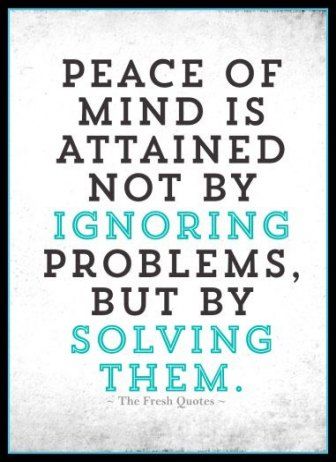
15. Throw your screens out the window.
Okay, not really. But maybe. Our devices are stealing our attention, our joy and our ability to be present with ourselves and with others. I don’t propose that we all go off the grid and live in the woods without electricity or smartphones or plumbing. I’m writing this article on a laptop, and I just posted some quippy saying on Instagram. For most of us, technology is an important tool for our work and our lives. But I’m certain of the fact that we need to have major guardrails around technology use.
Reevaluate your relationship with technology. Is it serving you, or are you serving it? Treat your attention as your most important commodity. Treasure it. Value it. Protect it.
16. Pray.
I’m a Christian guy, so prayer is important to me. It might not be for you, and that’s okay. But if you’re a person of faith, I encourage you to make regular time to pray and calm your spirit. I also like to write a Scripture verse on an index card (yeah, I’m old school like that) and carry it around with me throughout my day.
Regardless of your faith tradition or your relationship (or lack of) with God, we must all internalize one important truth: The universe does not revolve around you. Or me. We’re small, and our time on earth is short. There are much bigger things going on. Prayer reminds us to sit in our smallness and helps us remember that we all need help getting through each moment.
A Long-Term Solution for Finding Peace of Mind
Most of the time, our general sense of unease or stress or guilt stems from unresolved anxiety. It’s like a low-grade fever. It’s your brain and body’s way of letting you know something is off.
But here’s what’s exciting: Once you lean in and pay attention to the root cause of your anxiety, you can begin to make deep, lasting changes for healing. To hear how other people have taken steps to heal, tune into The Dr. John Delony Show on YouTube or your favorite podcast platform. Please go all in on this. You are worth being well.
About the author
Dr. John Delony
John Delony
Dr. John Delony is a mental health expert with two PhDs from Texas Tech University—one in counselor education and supervision and the other in higher education administration. Before joining Ramsey Solutions in 2020, John spent two decades in crisis response, walking with people through severe trauma. Now at Ramsey Solutions, John writes, speaks and teaches on relationships, mental health, anxiety and wellness. He also serves as co-host of The Ramsey Show, the second-largest talk show in the nation that’s heard by 18 million weekly listeners, as well as host of The Dr. John Delony Show. In 2022, John’s book Own Your Past, Change Your Future instantly became a #1 national bestseller. You can also find John featured on DailyMailTV, Fox Business and The Minimalists Podcast. Learn More.
How to Find Peace of Mind in 21 Ways
Having peace of mind is as important as keeping the body fit and the spirit young.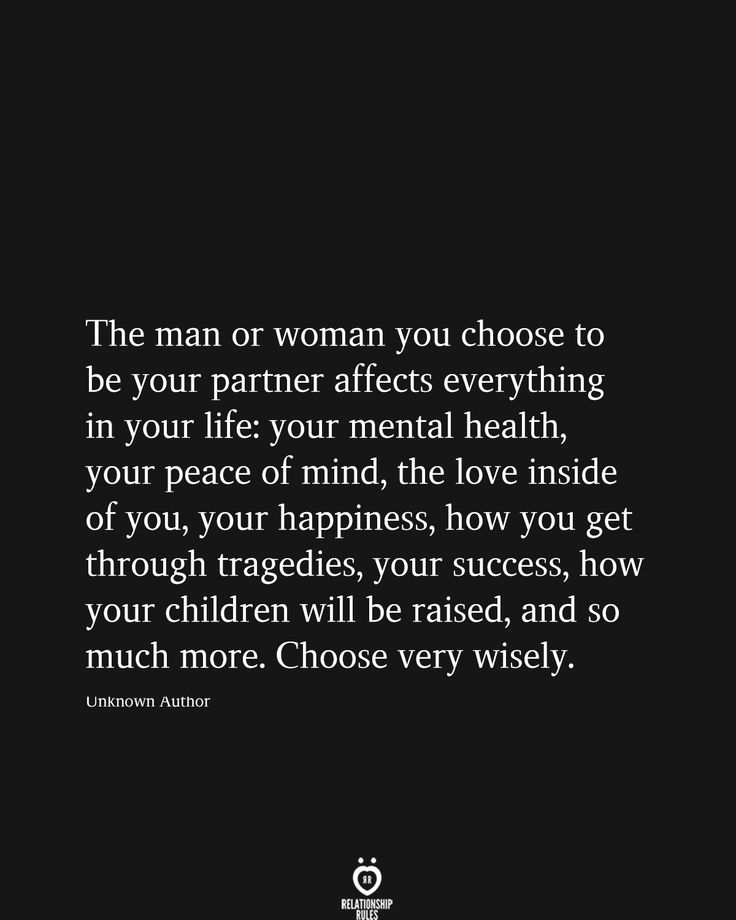 However, with all the occupations that surround us in the world in which we live, it seems increasingly difficult to achieve this serenity. Nobody wants to suffer, and that is why adversity is something we never want to face in life. But difficulties are also powerful detonators of the potential of the human being to grow, overcome, and move forward. Read below to understand what peace of mind is and how you can achieve it.
However, with all the occupations that surround us in the world in which we live, it seems increasingly difficult to achieve this serenity. Nobody wants to suffer, and that is why adversity is something we never want to face in life. But difficulties are also powerful detonators of the potential of the human being to grow, overcome, and move forward. Read below to understand what peace of mind is and how you can achieve it.
Free meditation appDeclutter The Mind is an app that will teach you how to meditate, help you form the habit of a regular practice, and expand your mind to the teachings of mindfulness.
Download App
What is peace of mind?
The phrase peace of mind is about a sense of tranquility and confidence, where our mental balance is in accord with universal understanding. In short, it means that we have within ourselves the tools to deal with adversity. Thus, this ability occurs through mind control, where the effects of any external factors such as stress are also blocked.
How to achieve peace of mind
1. Think positive
At many times in your daily life, you live a situation, but your mind is far away thinking of other things. This is one of the main problems that make people feel restless and even stressed out. You cannot have inner peace if you don’t have your head in order. The way you think has a lot to do with the preoccupations you have every day. If you are pessimistic all the time, you are conditioning yourself to have a bad day, and things go wrong. Every time you have a negative thought, correct yourself immediately and see the bright side of the situation. Move your mind to a more positive mental state.
2. Practice meditation
Guided meditation stimulates creativity and opens the doors to solve problems in ways that you would not have thought of before. This act of concentration can bring many benefits of meditation into your life, as well as helping you cope better with your responsibility. Also, meditation prevents stress from taking over you.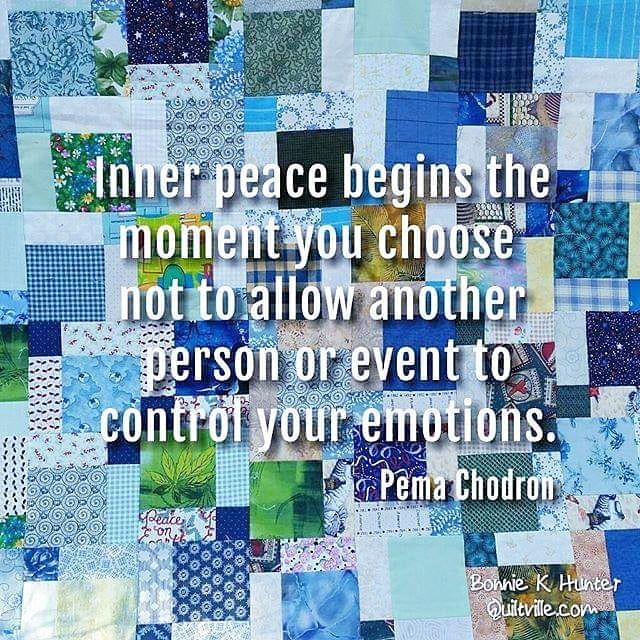 The best thing is that it is so simple to learn, and anyone can put it into practice at home. Once you are encouraged to try this good habit, you will never want to leave it, and you will feel much calmer inwardly. You can watch meditation videos about peace on YouTube.
The best thing is that it is so simple to learn, and anyone can put it into practice at home. Once you are encouraged to try this good habit, you will never want to leave it, and you will feel much calmer inwardly. You can watch meditation videos about peace on YouTube.
3. Let things go
For the sake of your mental health, letting things go will allow you to have peace of mind. Life isn’t always fair. Sometimes, bad things happen to us, even though we’ve done nothing wrong. We could spend our whole lives getting revenge for all the injustices that happen to us, but then we also wouldn’t have peace of mind. Finding peace isn’t about being passive about what happens to us. It’s more so about having the self-control to not let it take over our thoughts and actions. Accepting an injustice, such as a dismissal of a job, will allow you to plan for your next chapter, interview, and job.
4. Focus on the present
If you want a peaceful mind, live in the present. When we have negative thoughts in our mind, we get stuck in the past. We’ll replay bad memories and painful situations. When we have anxious thoughts in our mind, it’s because we’re fearing the future. However, when we have happy thoughts, it’s because we’re living in the present. Pop culture glamorizes anxiety and depression in a lot of ways. The tabloids regularly cover people’s mental health breakdowns. What they don’t cover often, are people who have peace of mind and simply enjoy life. You can find peace by getting out of your head and experiencing the real world.
We’ll replay bad memories and painful situations. When we have anxious thoughts in our mind, it’s because we’re fearing the future. However, when we have happy thoughts, it’s because we’re living in the present. Pop culture glamorizes anxiety and depression in a lot of ways. The tabloids regularly cover people’s mental health breakdowns. What they don’t cover often, are people who have peace of mind and simply enjoy life. You can find peace by getting out of your head and experiencing the real world.
5. Accept what you can’t change
Acceptance is all about controlling what you can but accepting what you can’t control. There are billions of people in the world. Everyone has their own agenda, goals, wants, and needs. Your mental state will collapse if you’re always trying to control the uncontrollable. You can have peace of mind by understanding that sometimes things are outside of our control. Take ownership of what you can, such as your behaviour and attitude. However, accept the things you can’t like ruminating thoughts, other people, natural disasters, time, and so on. You can do everything in your power to prevent something from happening, but when the
You can do everything in your power to prevent something from happening, but when the
6. Read at least twenty minutes a day
Reading is one of the best gifts of peace of mind you can give your brain. This is because it is not only an interesting hobby but also relaxes and gives you a greater capacity for concentration and reasoning. Don’t complain that you don’t have time to read a complete book. You only need to spend twenty minutes of your day reading a little to begin your finding peace journey. In this way, you will realize that it is not so difficult, but also entertaining and a great help. Don’t let your anxiety destroy your morning routine. If you want to have peace of mind, consider reading books about how the brain works, meditation, mindfulness, or other positive topics. There’s plenty of meditation books out there from you to choose from that will give you peace of mind.
7. Spend some time alone
Your well being will greatly improve when you spend some time alone. While it’s important to build social connections with others, most of the time, our peace of mind is disrupted by others. When things get a little too chaotic and you can’t get a minute’s peace, consider removing your worry by isolating yourself temporarily. Being alone every now and then can be great for your health, happiness, and inner peace. Experiencing the mental freedom of being alone will allow you to recharge your batteries, build yourself back up, and move forward. Before you do this, tell other people where you’ll be so they don’t worry. For example, some people might choose to take a one or two-week vacation alone to pull themselves together. Sometimes, a little break will give your mind peace and the feeling that you can solve your problem.
While it’s important to build social connections with others, most of the time, our peace of mind is disrupted by others. When things get a little too chaotic and you can’t get a minute’s peace, consider removing your worry by isolating yourself temporarily. Being alone every now and then can be great for your health, happiness, and inner peace. Experiencing the mental freedom of being alone will allow you to recharge your batteries, build yourself back up, and move forward. Before you do this, tell other people where you’ll be so they don’t worry. For example, some people might choose to take a one or two-week vacation alone to pull themselves together. Sometimes, a little break will give your mind peace and the feeling that you can solve your problem.
8. Relax your expectations
Life never follows the path you have outlined in your plans. Many times we spend too much time thinking about how things are going to be in our future. But when reality does not meet our expectations, we get frustrated quickly. The truth is that what you need will come in the form of what you expect from life. The best thing is to go through those difficult moments without seeing the problems.
The truth is that what you need will come in the form of what you expect from life. The best thing is to go through those difficult moments without seeing the problems.
Remember that if things don’t go as planned, it does not mean that they are not taking you along the path you need. Always look for the lesson of each situation and don’t let these “detours” steal your peace of mind. Learn to accept reality and the part of it that you cannot change. That is the best starting point for you to discover the ones that you can modify and how to do it.
9. Speak with a therapist
Finding a therapist to speak with once a month can help you have peace of mind. A therapist can improve your well being by giving you the tools you need to manage ruminating thoughts, promote calmness, and embrace yourself. Rest assured, seeing a therapist is good for your mental health. It can be really healthy to have a sounding board to prevent your thoughts from destroying your peace of mind. Challenge any preconceived notions of what it means to see a therapist as it can bring you joy and sign you up for success.
Challenge any preconceived notions of what it means to see a therapist as it can bring you joy and sign you up for success.
10. Exercise
Create an exercise routine when you want peace of mind. While exercise can feel like the opposite thing you feel like doing when stressed, it can bring about a sense of calm and relaxation. Running can make you feel free while pumping you up with feel-good endorphins to help calm the mind. Challenge yourself to exercise at least four days a week or by setting a goal of 10,000 steps a day. Any distress you feel will vanish when moving your body. Exercise is like free therapy. So test yourself to push harder and fight the urge to sit back.
11. Give yourself time
Resilience is not a speed competition, take all the time you need to overcome adversity and take on the necessary learning. Healing emotional pain is a complex process, and like all, it is best concluded without unnecessary haste. Do not be pressured to take the lessons and do not allow others to place excessive expectations on you to move forward.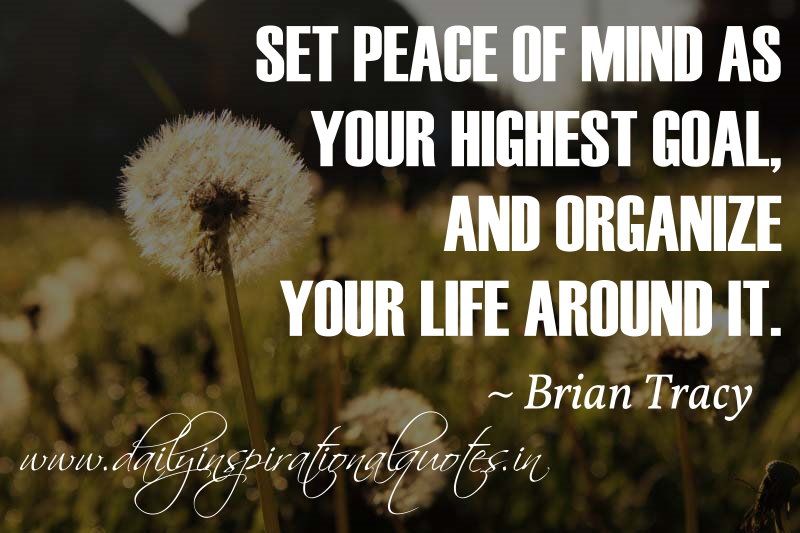 Overcoming some things is not a matter of a couple of days, it takes a lot of effort and learning to feel good again.
Overcoming some things is not a matter of a couple of days, it takes a lot of effort and learning to feel good again.
Live the moment to find peace of mind, and see one step at a time. Keep in mind that not because yesterday was a particularly painful day, it will be to even today. Not because today is a difficult day, every day will be the same. If you break, then get up and keep walking. Nothing happens because it is hard for you to move on or because the strength fails. Explore your pain, recognize it, and work on it to overcome difficulties.
12. Do daily acts of kindness
The easiest way to have peace of mind is by doing acts of kindness daily. Every day choose to do a good deed for another person. You could write a kind comment on a Facebook post, call a loved one to tell them why you love them and are grateful for them, or write an article with ideas that’ll help someone in distress. There are millions of kind gestures you can do. When someone hurts you, recognize that they’re in pain, instead of evil or mean-spirited. And in response, do something kind for them too. You can send a note or call them on the phone to tell them why you love them despite how they’ve hurt you.
And in response, do something kind for them too. You can send a note or call them on the phone to tell them why you love them despite how they’ve hurt you.
It’s easier to have peace of mind when you’re well-rested. Those who only sleep a few hours each night are more likely to have racing thoughts, anxiety, and even depression. Sleep allows you to process the day’s information subconsciously. When you sleep a full eight hours each night, your brain is likely calmer so it’s easier to deal with the personal issues that arises during difficult periods. A calm mind means that you’ll be able to handle difficult situations with kindness and grace. So, aim to get some shut eye each night by going to bed a bit earlier to wake up with peace of mind.
14. Open your feelings with someone you trust
Being mentally strong does not mean not having feelings, but knowing how to handle them. It is natural that in the face of adversity, you feel overwhelmed and crying. Keeping your pain or worry can plunge you into isolation that causes you a sense of loneliness and even depression. Your friends, family, and loved ones are there to support and accompany you even in the most challenging parts of your life. Go to them when you need them. Having someone you trust at your side will help you channel those emotions to leave your mind and body more easily.
Your friends, family, and loved ones are there to support and accompany you even in the most challenging parts of your life. Go to them when you need them. Having someone you trust at your side will help you channel those emotions to leave your mind and body more easily.
15. Take a walk
We are part of nature, and that is why being in it is so good. Even if you live in a large city, you can find ways to maintain that contact, such as in parks, or some green area. Try to include this kind of walk in your routine, step on the grass, touch trees, enjoy this powerful connection, and recharge your batteries to gain some peace of mind. Another thing you can also do is go rollerblading or cycling. The idea is to take a quiet walk without interruptions and enjoy it to the fullest.
16. Listen to classical or ambient music
The power of sound within the mind is incredible, to such an extent that certain songs calm us and make us feel happy. The classic compositions are the most recommended to stimulate the brain, increasing its ability to concentrate and study. They also provide immense calm to the body. Ambient sounds that mimic nature are another very effective alternative with which you can try. Especially when you are meditating, taking a walk, or doing something artistic. You can also listen to positive songs that uplift you.
They also provide immense calm to the body. Ambient sounds that mimic nature are another very effective alternative with which you can try. Especially when you are meditating, taking a walk, or doing something artistic. You can also listen to positive songs that uplift you.
17. Practice Gratitude
Writing a gratitude list will help you reduce the feeling of stress by reminding you of all the good things you have in your life. Every day, think about the things you’re grateful for having. Or write down good things that happened to you that day that you feel grateful for. You could be grateful for having specific people in your life or certain opportunities. The phrase, “I’m grateful for…” should be in your regular vocabulary when interacting with others. Let people know you appreciate them. Test yourself by writing down your gratitude list without looking at other people’s lists. Then, look at other people’s lists and compare what you have that you completely didn’t realize.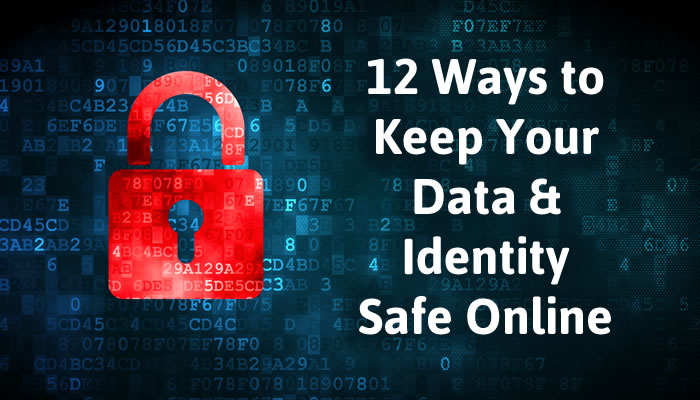
18. Avoid comparing yourself to others
Stop comparing yourself to others if you want to have peace of mind. You’ll have greater peace by focusing on comparing yourself today to who you were than by comparing yourself to someone else. The feeling of insecurity vanishes when the comparison game is only played with yourself. Strive to become a better version of yourself, but don’t beat yourself up for not being that person yet. There’s no need to wonder “what is wrong with me?” or “why am I not good enough?” Instead, ask yourself, “what would the future me do to have peace of mind?” and then start building those traits into your life.
19. Look at things from a different perspective
Sometimes, physical or temporal distance is all you need to see more clearly and better understand problems. Regardless of the problem that comes your way, always be clear about the good and positive things you have as a person. A very real part of you exists independently of your immediate concerns, problems, and frustrations.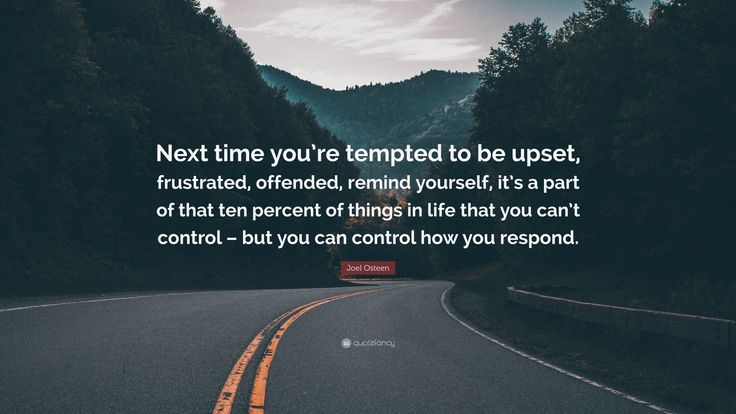 If you feel overwhelmed, step back, and observe the way you experience things. Your body may feel pain, but that does not define you. Eventually, that pain will dissipate and leave you learning.
If you feel overwhelmed, step back, and observe the way you experience things. Your body may feel pain, but that does not define you. Eventually, that pain will dissipate and leave you learning.
20. Love and practice self care
Always remember to love yourself, treat yourself with love, forgive yourself, and finally treat yourself the same way you treat a loved one. When you love and respect yourself, life becomes lighter because you no longer charge yourself with unreachable perfection. You see yourself more humanely and kindly.
21. Prepare for rainy days
You can help yourself have peace of mind by preparing for rainy days. In life, curveballs will always happen, such as sudden job loss, death of a loved one, or an unexpected big expense. You can prepare for these rainy days in so many ways. For example, if you save up in an emergency fund or build out your income streams, you’ll be prepared for unexpected job losses or big expenses. Telling loved ones how much you appreciate them while they’re alive will prevent any guilt you may feel from an unexpected death.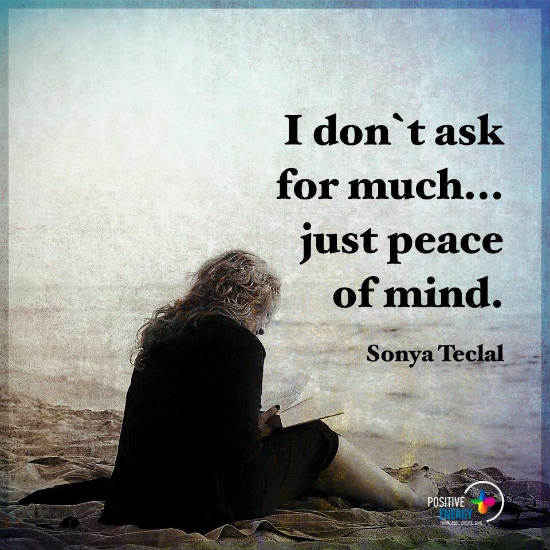 You can have greater peace by having open conversations with people and planning ahead.
You can have greater peace by having open conversations with people and planning ahead.
Conclusion
Every day is a new beginning and a new opportunity to improve things and keep growing. Do not focus on the past or what it could be, but work to improve your future prospects and gain greater learning. Keep your mind at peace, and remember that the world does not end with problems. Every day you have the opportunity to recalculate your course if necessary. Learning to interpret difficulties and not clinging to frustration takes time. It’s up to you to decide how you want to deal with problems. When we realize this, it’s actually more empowering than frightening, bringing more peace of mind to our life.
Inner harmony: what is it and how to achieve it
Have you ever been tormented by restless or disturbing thoughts? We are sure that this has happened to every person more than once. And most often in such situations, a person wants to have the ability to control his mind, mood and reactions to the events taking place around him.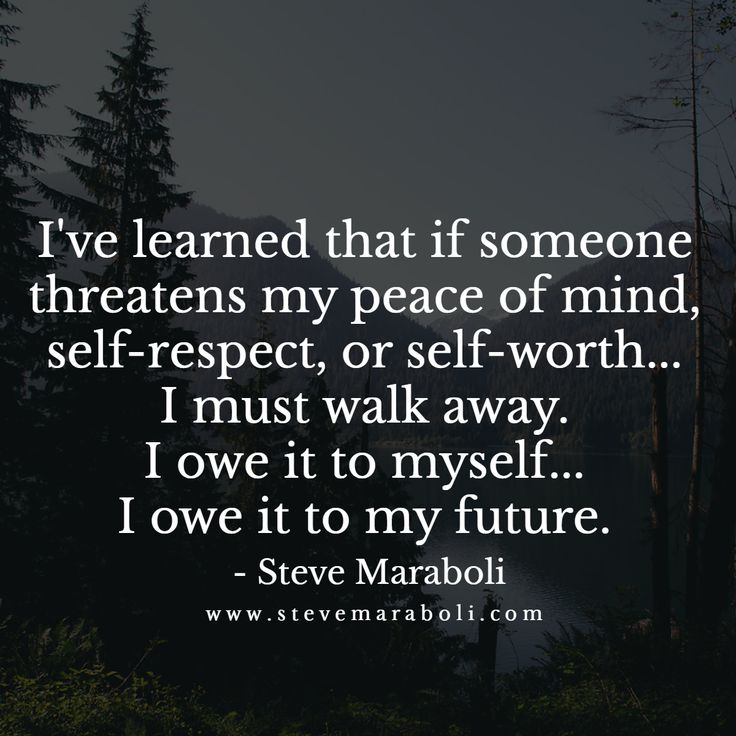 This ability can be acquired if you come to inner harmony. About it and will be discussed today. But, looking ahead, we note that inner harmony is an integral part of a healthy lifestyle. Therefore, we recommend that you take our Healthy Lifestyle course, where you will form your own healthy lifestyle system and learn how to maintain your mental health. So…
This ability can be acquired if you come to inner harmony. About it and will be discussed today. But, looking ahead, we note that inner harmony is an integral part of a healthy lifestyle. Therefore, we recommend that you take our Healthy Lifestyle course, where you will form your own healthy lifestyle system and learn how to maintain your mental health. So…
What is inner harmony
In 2016, scientists conducted a large-scale international study in which almost three thousand people were interviewed about what happiness is and what contributes most to it. The findings revealed a strong cross-cultural tendency to view happiness in terms of both positive emotions and feelings of inner peace and harmony. The authors of the study emphasized that, according to the results of the survey, the influence of inner harmony on the level of happiness is much higher than noted in the psychological literature.
So what is inner harmony? Inner harmony is a perfect state of soul, mind, body and heart, when a person accepts and realizes all his desires, lofty goals and dreams. Inner harmony is the highest pleasure, meaning the ability of a person to focus on what is really important, as well as his ability to control his thoughts.
Inner harmony is the highest pleasure, meaning the ability of a person to focus on what is really important, as well as his ability to control his thoughts.
True inner harmony does not depend on external conditions and circumstances. She bestows peace and balance, as well as the ability to remain calm, calm and in control even in difficult and unpleasant situations.
15 reasons why a person needs inner harmony
Not only yogis, hermits or monks who live in some distant place and meditate all day long can achieve inner harmony. It can also be achieved by people living ordinary lives.
The state of inner harmony eliminates anxieties, fears and worries. She is able to overcome negative thoughts, stress, lack of satisfaction and unhappiness. It is a state of emotional and mental balance, happiness, confidence and inner strength.
Few people realize the importance and benefits of inner harmony, and even fewer know that it is a skill that can be learned.
15 reasons why you need inner harmony:
- Improves your ability to focus your mind.
- Helps you manage your daily activities effectively.
- Increases your inner strength and power.
- Will help you show tolerance and tact in difficult situations.
- Being mentally and emotionally calm will help you sleep better.
- You acquire the ability of emotional and mental independence from the opinions of others.
- You gain the ability to deal effectively with stress, anxiety, anger and anxiety.
- Helps to relax the body and nerves.
- Allows you to resist the influence of events, difficulties and hardships, as well as maintain inner balance, clear judgment and common sense in difficult situations.
- Eliminates negative, vain and restless thinking.
- Improves relationships with other people.
- Life is getting brighter.
- Increases creativity.
- Improves the ability to meditate.
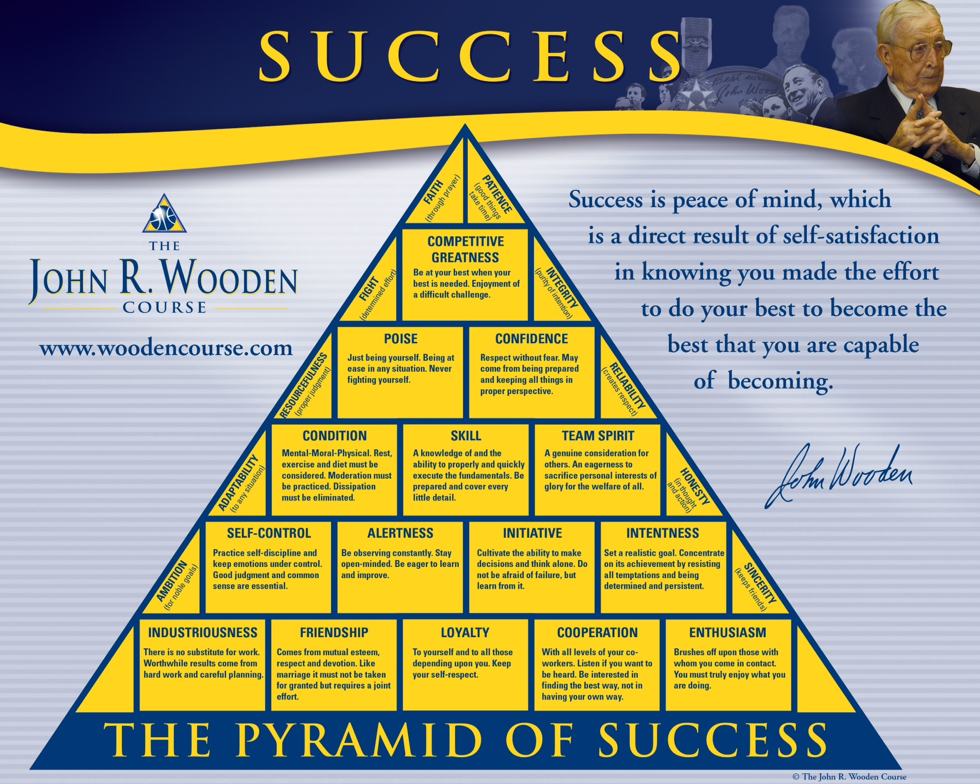
- Possession of this ability opens the gate to enlightenment and spiritual awakening.
There are various ways to achieve inner peace, such as psychological remedies, affirmations, visualization, yoga and meditation. Next, we will talk about simple actions that you can take right now and come to inner harmony.
How to achieve inner harmony
So, it is clear that everyone needs to achieve inner harmony. However, this is not possible for everyone. What is the reason? There can be both external and internal factors that prevent a person from finding harmony.
Therefore, if you are at a crossroads and do not know what to do, use the advice below. They will help you choose the right path that will lead to peace and harmony in your soul.
Be active
Don't expect huge changes, create them yourself. No matter what activity you are doing, movement will put you in a light state. Being in an easy state means not dwelling on failures and developing. When you dedicate your efforts to something significant, you find your inner harmony.
When you dedicate your efforts to something significant, you find your inner harmony.
Learn to forgive
Adverse situations must be forgotten, forgive people, let go of the past - you will feel relief. Do not keep negative emotions - this is not your wealth, this is your burden. As long as you remember old grievances again and again, reflect on all the situations that happened to you, look for the root of problems and think about possible solutions, inner harmony is not available.
Don't waste your energy on what has happened and can't be changed, this behavior prevents you from finding yourself. Focus on the present and make optimistic plans for the future. This attitude towards life will release your inner light.
Put Your House in Order
If you want to put your mind in order, put your house in order first. Be organized and disciplined, keep the house clean. Your home is a reflection of your inner self. If chaos reigns in your mind, it manifests itself in the outside world, in particular, in the state of your home.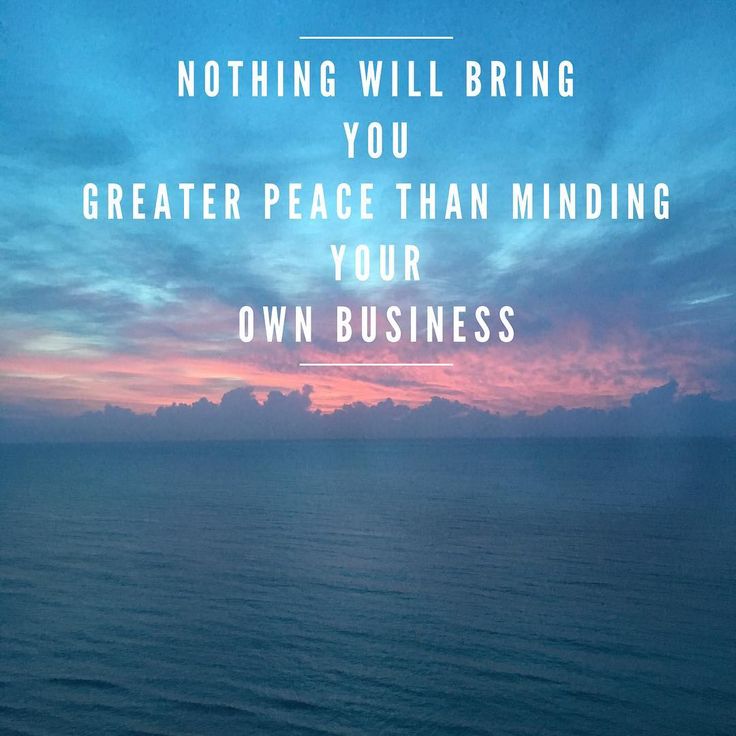
Book a massage
Massage not only relaxes the body and relieves stress, it brings harmony to the soul. Massage regulates the energy balance, tones the nervous system, a person gets rid of accumulated negative emotions and is filled with joy and peace.
In addition, a person abstracts from the outside world and can focus on important things and understand what he has been looking for for a long time.
Hugs are an alternative to massage. There are times when we want to experience human touch and warmth, it boosts the neurochemicals that are responsible for the state called "happiness".
Learn to give
We are in this world to share positive vibrations and make life better. By sharing what we have, we become more harmonious, and at the same time, by helping others, we bring something good into their lives.
It doesn't matter what you do: cheer up a person with words of support, treat him to a cup of coffee or just listen to a person who is going through a difficult period - all this will help you find inner harmony.
Read
Reading not only broadens one's horizons, but also gives certain emotions. When you read, something inside you changes, you begin to perceive the world in different colors. After reading the book, a person gets a feeling of inspiration, purification and relief. Books can help you find forgiveness, peace, and spiritual balance. The soul can be healed by the emotions received as a result of reading.
Meditate
Meditation teaches people to see the essence of their thoughts, listen to the subconscious and distinguish between the main and the secondary. Meditation allows you to let go of the hustle and bustle, improves your state of mind, and allows peace and harmony to flow into your heart and soul.
Change yourself, not others
Work hard on yourself if you cannot accept others as they are. These changes are not destructive, they are creative; when stagnation sets in, they are vital. Therefore, do not avoid potential traps that can take you out of your comfort zone: faced with problems - solve them, this is development, the result of which will be a life in balance with yourself and with others.
Do not chase the ideal
Finding harmony in yourself does not mean that you have to become an ideal person. The overzealous effort you make to become the best version of yourself can play tricks on you and crush your spirit. Develop consistently, but don't try to become the person you will never be.
Inner harmony means the ability to understand and accept oneself. Recognize that it is normal for people to make mistakes and fail. Also, allow yourself to be weak sometimes.
Make life simple
Do not make life difficult for yourself, do not take on too many responsibilities and do not engage in useless activities. Make a daily schedule and try to stick to it, complete a few important tasks a day, don't let small problems add to the worries in your life.
Try to find ways to cut down on unnecessary tasks that take away your time, harmony and happiness.
The best way to achieve this is the 80/20 rule. Here's how it works:
Most things in the world follow the 80/20 rule, as follows from the Pareto law.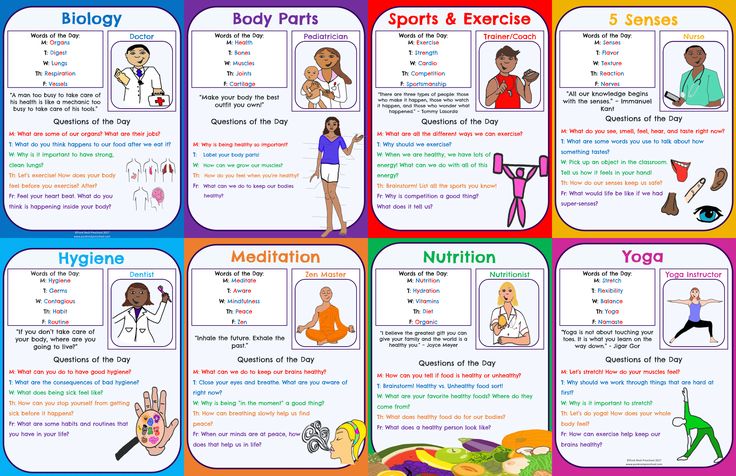 The Pareto Law is a mathematical calculation designed to show the distribution of wealth in a society. According to the law, 20% of efforts give 80% of the result, and the remaining 80% of efforts - only 20% of the result.
The Pareto Law is a mathematical calculation designed to show the distribution of wealth in a society. According to the law, 20% of efforts give 80% of the result, and the remaining 80% of efforts - only 20% of the result.
The financial implications of this formula are not important now, instead see how it applies to you.
For example, in this formula, 80% of your sadness probably comes from 20% of the people in your life. 80% of your psychological pain probably comes from 20% of your past experiences. 80% of your knowledge is likely gathered from 20% of the information sources you use. And so on.
Now take a piece of paper and a pen, and then divide your life into segments. You can include friends, family, work, leisure, etc. Then highlight the 20% of the list in each segment that interferes with your inner harmony the most, and then take steps to correct the situation.
Slow down
When you run from one to the other, you do not leave time for finding inner harmony.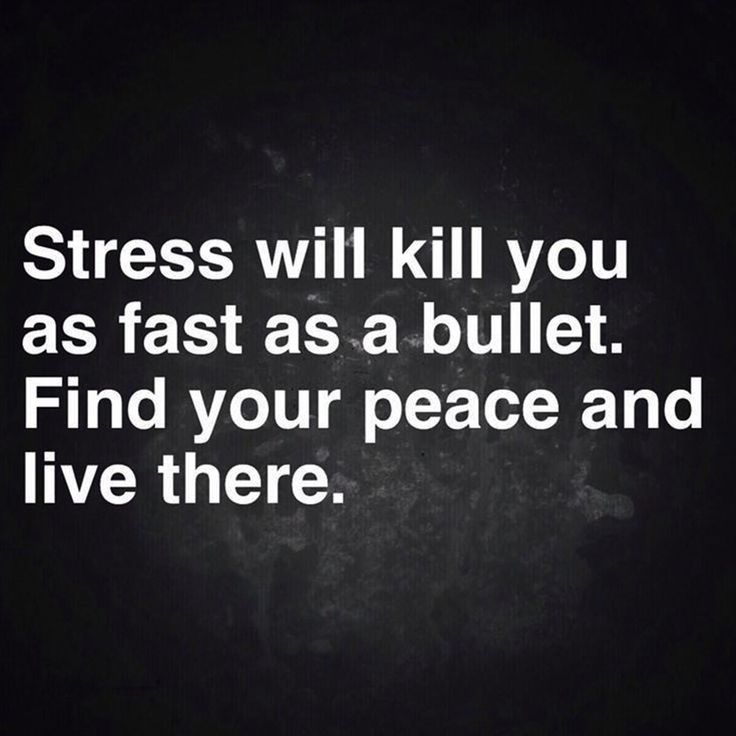 Also, when you are in a hurry, your mind is blocked for new possibilities and adventures. Take some time to slow down. Life is not only about work and the needs of other people. We forget that sometimes we need to slow down and enjoy the world around us.
Also, when you are in a hurry, your mind is blocked for new possibilities and adventures. Take some time to slow down. Life is not only about work and the needs of other people. We forget that sometimes we need to slow down and enjoy the world around us.
Do what you want
Give yourself the luxury of acting according to your own desires. As long as you do what other people suggest and ignore your own needs, it is impossible to find inner harmony. Respect your thoughts, desires and dreams and make them paramount.
Develop, learn to love yourself and the outside world, lead an active life, expand your mind, and then you will find inner harmony. Also, remember that man is only limited by the walls he himself has built. And to learn how to break down those walls, we encourage you to take our online Mental Self-Regulation Program. In just 6 weeks, you will learn to cope with stress at work and school, with difficult relationships in a team, with excitement and fear of important events, with apathy, fear of taking the first step and procrastination.
The result of your efforts will be the acquisition of inner harmony, which is the universal key to human well-being.
We wish you success in achieving inner harmony!
Key words:1Psychoregulation, 1Self-knowledge
How to find peace of mind and balance?
This world is in desperate need of hope and peace of mind. The world is the nature that surrounds us, it is our soul, our essence. We shape it and influence it. To fully understand its essence, it is necessary to take care not only of your physical health, but also of the state of your soul - peace of mind.
Content:
- 1 Peace of mind in psychology
- 2 Why is peace of mind lost?
- 3 Keys to inner balance
- 3.1 Who do you surround yourself with?
- 3.2 What information do you receive?
- 3.3 Be a minimalist
- 3.4 Take care of your body
- 3.5 Find time to relax
Peace of mind in psychology
Many of us lack inner harmony. When problems arise in our lives, they often overwhelm us with their weight. We lose control, anxiety arises within us. However, taking care of the harmony of your mind, you can find peace of mind. In this case, no matter what happens in our lives, we firmly know that we will be able to cope with the problems that have arisen. People who understand this can turn difficult and painful situations into valuable lessons. They gain experience, not allowing to violate the inner world.
When problems arise in our lives, they often overwhelm us with their weight. We lose control, anxiety arises within us. However, taking care of the harmony of your mind, you can find peace of mind. In this case, no matter what happens in our lives, we firmly know that we will be able to cope with the problems that have arisen. People who understand this can turn difficult and painful situations into valuable lessons. They gain experience, not allowing to violate the inner world.
Inner peace has nothing to do with the absence of emotions and feelings. The best thing that can happen to us is harmony, in which there is no place for emptiness, unexpected love, idealization, because even love does not justify giving up oneself. Achieving inner balance is a unique way to support personal development.
Why is peace of mind lost?
The main obstacle to peace of mind is stress. Stress, as the number one enemy of modern society, does not like to keep calm, torments and oppresses us.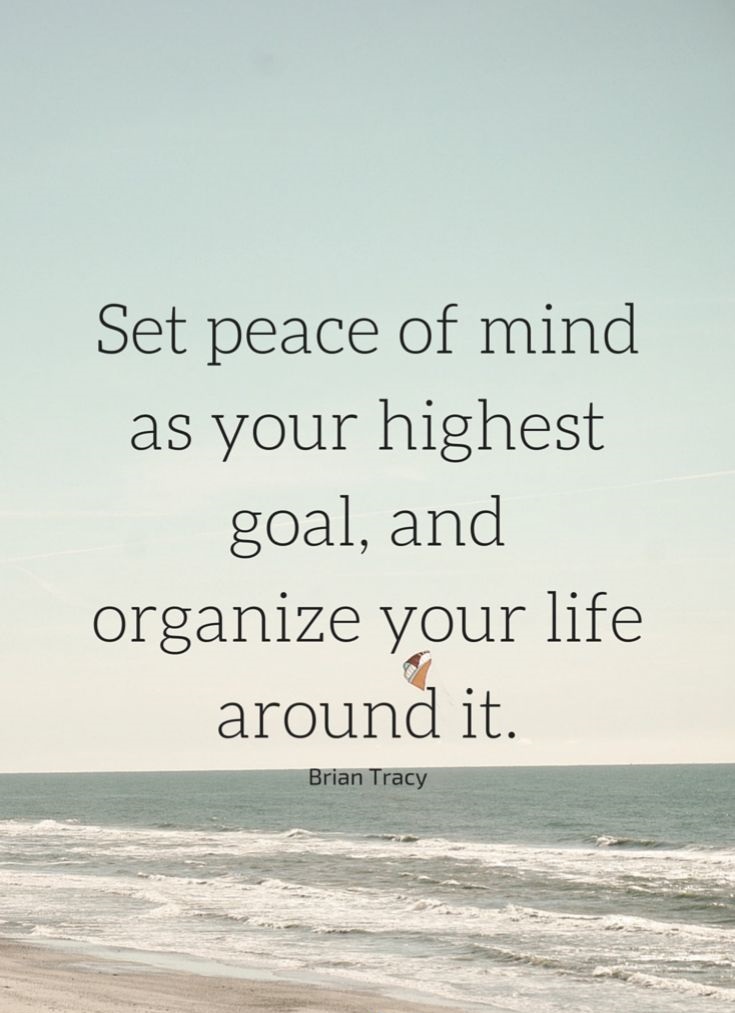 Stress in any form interferes with the search for peace of body and soul. You can increase your resistance to stress by working on yourself, changing attitudes, habits or beliefs.
Stress in any form interferes with the search for peace of body and soul. You can increase your resistance to stress by working on yourself, changing attitudes, habits or beliefs.
What disturbs peace of mind and deprives peace of mind:
- haste that takes away peace;
- chaos, causing confusion, tension and anxiety;
- impatience leading to frustration.
For each person, finding inner peace is like getting out of a thick fog of restless thoughts that obscure a clear and distinct picture of reality. It is a way to find joy and peace within yourself. Inner harmony is a means of developing consciousness and, therefore, a method of getting rid of stress and its consequences.
Keys to inner balance
We often find it difficult to control the thoughts in our heads, which can lead to confusion, poor sleep, and even depression. So let's think about our mental state and try to find peace of mind.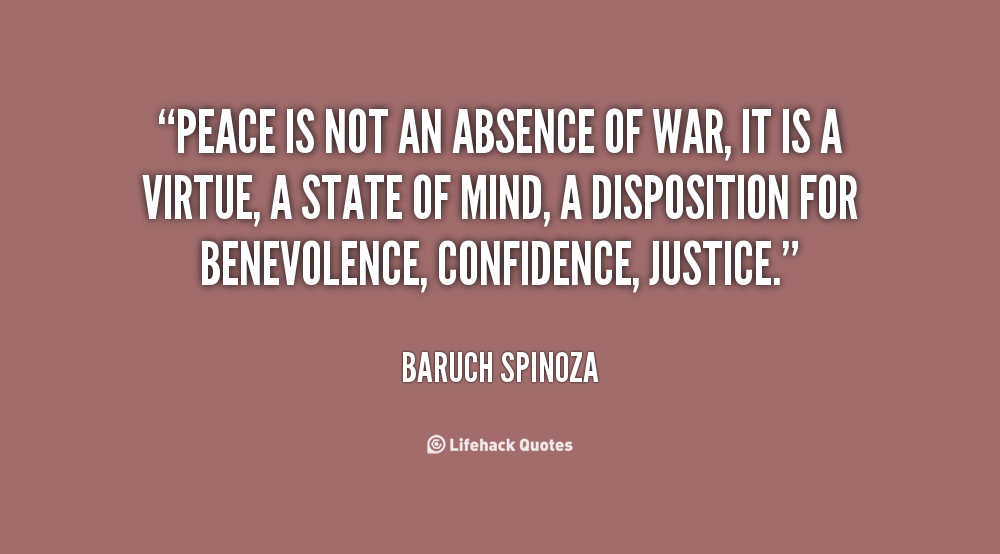 How to do it?
How to do it?
Who do you surround yourself with?
"Tell me who your friend is and I'll tell you who you are." Who we really are depends on the people we spend the most time with. And it's not just limited to our views, emotions, and relationships. Research shows that we even outwardly become like them.
If you surround yourself with people who "break" your wings, constantly whine, complain, use stimulants or criticize you, then you will not be able to maintain peace of mind.
What information do you receive?
We live in times when different, sometimes quite contradictory information comes to us from all sides. Most of it is negative. The number of these external stimuli is huge, so our mind becomes a trash can.
Do you need to log into Facebook or Instagram every day? Consider whether constant contact with social networks brings you any significant benefit? Most likely, they bring chaos into your life, like many news portals, TV programs or series.
Try to limit outside sources as much as possible to only those you really need and trust.
Be a minimalist
We are always missing something. We are constantly striving for new acquisitions - a new phone, a laptop, a fashionable watch. Only the most ordinary watches keep time as accurately as a prestigious expensive accessory. So do you really need all this?
Get rid of everything you don't use, don't clutter up your environment and your mind. Don't let outside forces tempt you to buy something you don't need at all. This art is called minimalism.
Take care of your body
What we eat, what we do with our body, has a significant impact on our mood and immune system. Ultimately, our peace of mind depends on it.
In addition, each person has a kind of vagus nerve that connects the mind with the body. The gut is sometimes called the “second brain,” which is why we sometimes have psychosomatic illnesses that involve psychological factors.
Find time to rest
In today's fast-paced world, where high performance, increased productivity, and rapid multitasking are at the forefront, it's hard to find time to rest.
Set a time when you can relax quietly, for example half an hour before bedtime, an hour after work or after dinner. Make this time as important to you as the time you spend eating dinner, studying, or doing other important things. Mental rest is extremely important for achieving peace of mind.
Meditation? Camping? Relaxation? Moments of silence, watching our thoughts bring order and harmony to our mind. You are calm and energized. This allows you to achieve inner peace. So, be sure to set aside time for these activities.
There are many things that help clear the mind. However, the key to success is gaining inner confidence that no matter what situation you find yourself in, everything will be as it should be and you will cope with the problems. Full acceptance of reality and your destiny will allow you to maintain peace of mind.